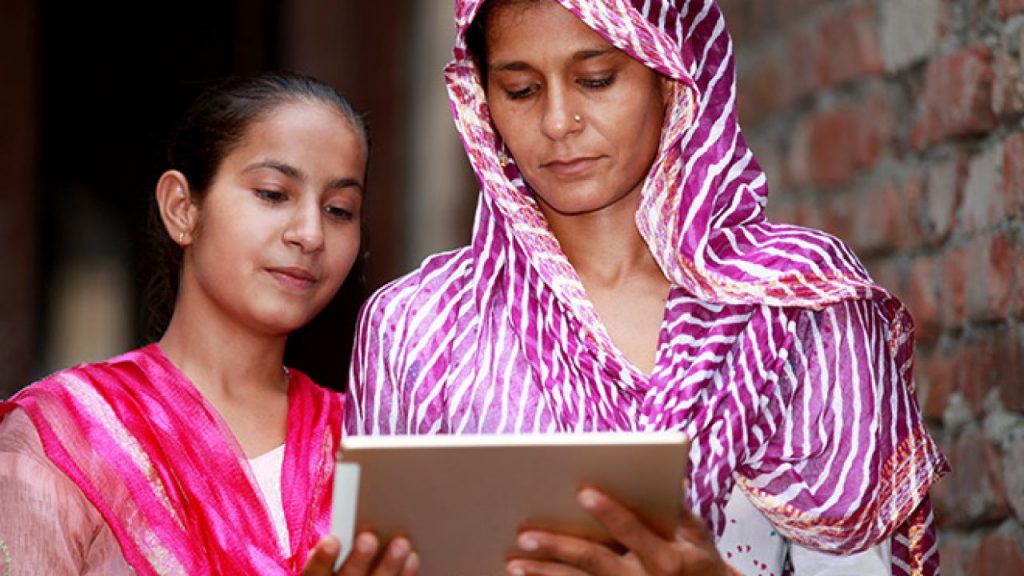When Padmaja Narsipur decided to return to fulltime corporate life in Bengaluru after a
break to take care of her three young children, she came up against a wall. While the master’s degree holder in computer science had a thriving career as a consultant, handling multiple projects in technical writing, e-learning and digital marketing during her break, prospective employers were unwilling to take that into account and offer adequate compensation. “I was met with skepticism.
The offers I was getting was half of what I was earning as a consultant.” Fed up, Narsipur launched her own e-learning and UX company in 2016, which mostly employs women. “I was frustrated with the lack of flexibility and ethics,” says the 49-year-old.
Frustration was what drove Gurgaon-based Nikita Chopra (name changed on request) too. She finished her MBA earlier this year only to quit her job in advertising, a few months in. “I felt that women just don’t get a seat at the table — their contribution is not acknowledged, their time is not respected, and men talk over them — even those junior to me,” says Chopra.
A couple of decades might separate Narsipur and Chopra but their deep discontent with the workplace has similar roots — the skewed experiences of women in the workforce despite considerable progress on several other parameters such as health and education in the last 75 years.
While Narsipur was able to not just get back on her feet but do one better by launching an enterprise which mostly employs women and Chopra is optimistic of finding another job, many others in similar situations have had to drop out of the workforce — one reason women’s participation, particularly urban women’s, in the labour force has not seen sustained improvements in the years since Independence. The data is damning.

From a labour force participation of 11.9% for urban women in 1955, it went up to 17.8% in 2011-12 and is now at 18.6%, according to the latest periodic labour force survey published in June. “If we look at the most recent data for college graduates in urban India, released in June 2022, around 72% of men have regular, paid jobs while the figure is 23% for female graduates,” says Shrayana Bhattacharya, an economist at the World Bank.
The data showing the increased participation of rural women in the workforce, she says, might be due to the economic distress caused by the pandemic.
For economists and those in the development sector, it has long been a puzzle: why are urban women be dropping out of the workforce, despite better educational qualifications and a growing economy which should bring with it more opportunities? One hypothesis is what’s known as the income effect —as income levels of households increase, women workers withdraw from the workforce because families feel it is not necessary for the women to work outside.
But Bidisha Mondal, research fellow at the Initiative for What Works to Advance Women and Girls in the Economy (IWWAGE), says this can only be a part of the explanation. “I think the major reason behind the declining labour force participation rate for women from 1993-94 to 2011-12, is the diminishing employment opportunities for women. Lack of employment growth in sectors and occupations where women workers are more likely to work, is limiting the employment opportunities for them,” says Mondal. Then there is the fact that some of the work women do might not be getting recognized during these surveys.
Shinjini Kumar, cofounder of SALT, a fintech startup for women, says many women do small commerce of different types on the internet economy. “They might be on a WhatsApp group, selling something. In one small town I went to, women were buying school supplies online at a reduced price and selling these —this won’t be counted in workforce surveys,” says Kumar, a former CEO of Paytm Payments Bank.

